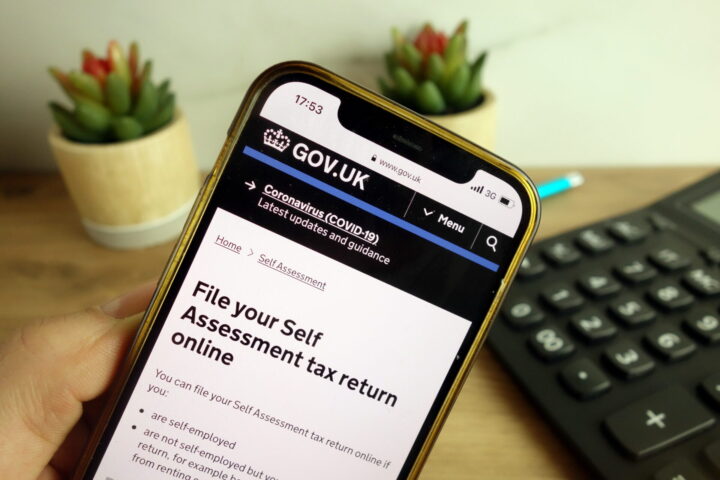Hybrid working is increasingly shaping the modern workplace, with nearly half of employees stating they would only consider roles that allow them to work in a hybrid way, according to IWG’s White Paper: Future of Work Trends Forecast 2025.
The report highlighted that 88% of employees now see hybrid working as the most important benefit when evaluating new roles, with many prioritising flexibility over other traditional perks.
This trend aligned with insights from CEOs, 75% of whom expect their organisations to continue operating hybrid models over the next five years.
Employers are also recognising hybrid working as a powerful recruitment tool, with 95% of HR executives in the US confirming its effectiveness in attracting top talent.
However, the shift to hybrid is not just about meeting employee expectations; it has also been shown to contribute to higher retention, increased productivity, and improved employee happiness as per the White Paper.
Vivek Dodd, CEO of Skillcast, stated: “Employers must view flexible working requests as an opportunity to foster a more agile and inclusive workplace.
“Transparency and fairness in handling these requests are crucial, as mishandling them could harm company culture, employee retention, and even your organisation’s reputation.”

















